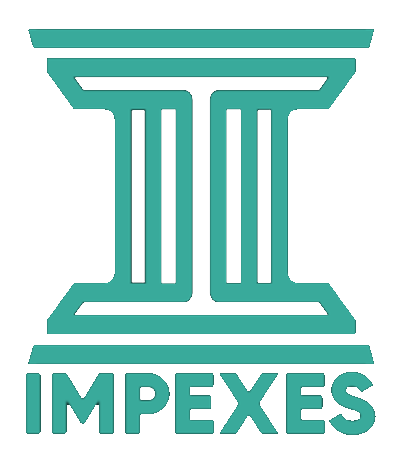If you have been injured due to someone else’s negligence, you may wonder how to seek compensation for your damages. In many cases, the injured party will seek a settlement with the at-fault party or their insurance company rather than going to court with a lawsuit.
However, essential differences between a settlement and a lawsuit can impact your case. Understanding these differences can help you make an informed decision about the best course of action for your particular situation.
It will be helpful for you to explore the difference between a settlement and a lawsuit in a personal injury claim. You can also contact a lawyer from brianazemikalaw.com if you need legal assistance in understanding the difference.
Understanding the differences between a settlement and a lawsuit in a personal injury claim:
- Process
The process for reaching a settlement and filing a lawsuit is also different. A settlement is negotiated between the injured party and the responsible party or their insurance company, and the terms are agreed upon outside of court. Conversely, a lawsuit involves:
- Filing a formal complaint in court.
- Serving the responsible party.
- Going through the legal process.
The process for each option is unique and should be carefully considered when deciding how to pursue a personal injury claim.
- Timeframe
The timeframe for settling is typically much shorter than the timeline for a lawsuit. A settlement can be reached relatively quickly, sometimes within weeks or months, while lawsuits take much longer, often spanning several years.
This difference in the timeline is due to the legal process involved in a lawsuit, including the discovery phase, pre-trial motions, and trial proceedings. The injured party should consider their timeline and needs when deciding between a settlement and a lawsuit.
- Control
One of the key differences between a settlement and a lawsuit is the level of control the injured party has over the outcome. In a settlement, the injured party can negotiate the terms of the agreement and ultimately decide whether or not to accept the offer.
In a lawsuit, the outcome is determined by a judge or jury, and the injured party has less control over the final decision. The level of control the injured party desires is essential when deciding between a settlement and a lawsuit.
- Costs
Lawsuits can be more expensive than settlements, as they involve legal fees and court costs. The injured party will typically need to pay an attorney to handle the case and may need to pay for court filings, depositions, and other expenses.
In contrast, settlements typically involve no or lower fees and can be reached without involving the court system. It is crucial to consider the costs of both options when deciding how to pursue a personal injury claim.






